Chlorine In Swimming Pools
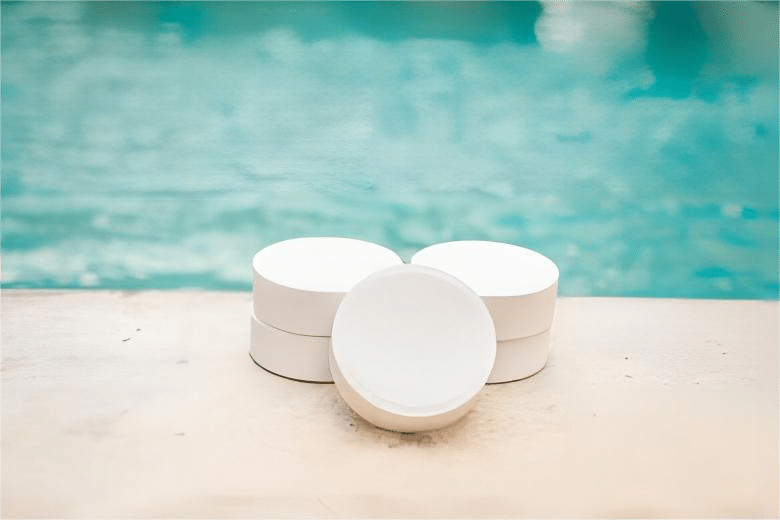
Swimming pools are places of recreation and pleasure, and an important factor in this is the hygiene and cleanliness of the water. To maintain the quality of swimming pool water, many swimming pools use chlorine to disinfect the water body.
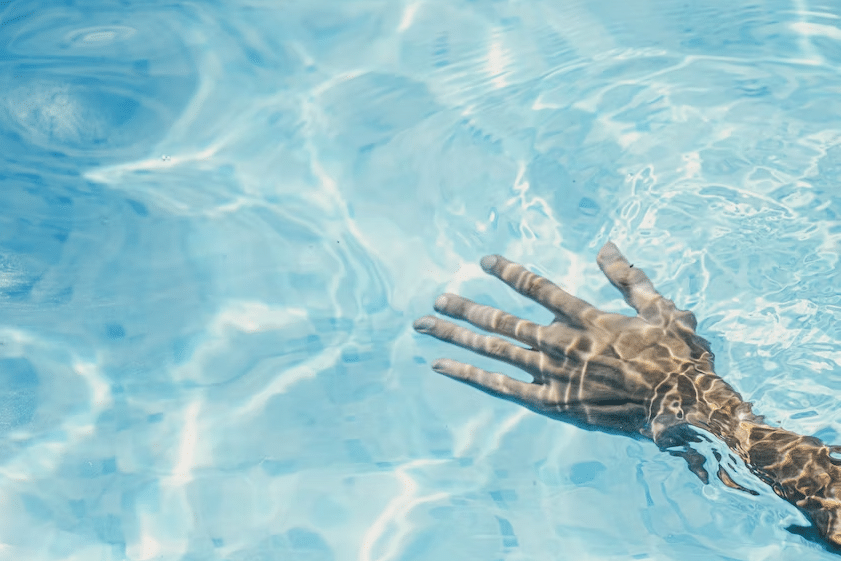
Chlorine
Chlorine is a common chemical element with the chemical symbol Cl. In swimming pools, chlorine is primarily used as a disinfectant to kill bacteria, viruses and other microorganisms in the water. This is to ensure the hygiene and safety of the swimming pool water.
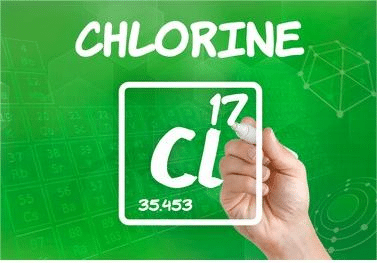
In swimming pools, the main function of chlorine is through the form of chloride. When chlorine is added to pool water, it reacts with organic matter and microorganisms in the water to produce chemicals such as hypochlorous acid, chloric acid, and free chlorine. These chemicals have bactericidal and disinfecting properties that can effectively control microbial contamination in swimming pools.
Chlorine is a highly reactive element, the following are other applications of chlorine
- Water treatment: Chlorine is one of the most commonly used disinfectants and is used in water treatment and disinfection. It can kill bacteria, viruses and other microorganisms in water to ensure water safety and hygiene. There are many water treatment chemicals.
- Chemical industry: Chlorine is an important raw material for many chemicals, such as chloride, hydrogen chloride, sodium chloride, etc. These chemicals are used in pharmaceutical, plastic, rubber, dye, detergent and pesticide industries.
- Swimming pool disinfection: Chlorine is a commonly used disinfectant for swimming pools, which can kill bacteria and other microorganisms in the water and keep the water hygienic and clean.
- Bleaching agent: Chlorine compounds are widely used as bleaching agent, which can be used to bleach paper, textiles, food and other areas.
- Food processing: Chlorine compounds are used as preservatives, bactericides and bleaching agents in food processing to extend the shelf life of food and ensure its safety.
- Medical field: In the medical field, chlorine is used to sterilize instruments, make medicines, clean wounds, etc. to prevent infections and the spread of diseases.
- Environmental protection: Chloride is used in wastewater treatment and treatment in water purification to remove pollutants and harmful substances.
- Agriculture: Chloride compounds are used in agriculture as insecticides, fungicides and fertilizers to control pests and germs and increase crop yields.
Optimal chlorine ranges for pools
| Application/Indicator | Optimum Chlorine Range (ppm) |
| Pool | 1.0 – 3.0 |
| Spa | 2.0 – 5.0 |
| Public pool | 1.5 – 3.5 |
| Kid’s Pool | 1.0 – 2.5 |
List of bacteria killed by chlorine
- Escherichia coli: Escherichia coli is a common intestinal bacterium found in fecal matter. Coli bacteria in your pool could be a sign of bad or contaminated water. The disinfecting action of chlorine can effectively kill Escherichia coli and reduce their potential danger to the human body.
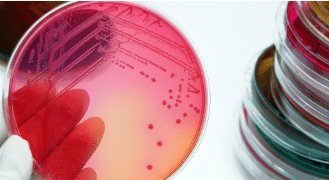
- Salmonella: Salmonella is a common type of bacteria that can cause food poisoning and intestinal infections. The presence of Salmonella in swimming pools increases the risk of illness for swimmers. Proper chlorine disinfection measures can effectively eliminate Salmonella and improve pool water safety.
- Drug resistant-bacteria: In recent years, some drug-resistant bacteria have become increasingly resistant to conventional disinfection methods. However, chlorine can still kill many resistant bacteria because the disinfection mechanism works through a combination of mechanisms rather than just one.
- Acid-resistant-bacteria: Acid-fast bacteria include pathogens such as Mycobacterium tuberculosis that are relatively resistant to conventional disinfection methods. Chlorine disinfection can effectively kill acid-fast bacilli and reduce the risk of infection.
- Adenovirus: Adenovirus is a common respiratory and gastrointestinal virus that can cause colds, mumps, and gastrointestinal infections. Proper chlorine disinfection can effectively inactivate adenoviruses.
Maintaining adequate chlorine levels in swimming pools is critical to protecting bathers’ health. It can kill pathogens and reduce the spread of germs in the water while ensuring that pool water is clean and safe.
How to maintain optimal chlorine levels in your pool
Monitor
Maintaining proper chlorine levels in your pool is key to keeping your water clean and safe. The accuracy and timeliness of monitoring chlorine levels is critical for effective water quality control. Apure is an expert in water quality monitoring experts who can help you effectively monitor water quality.
- Water quality testing tools: Use water quality testing tools, such as kits for measuring chlorine concentration, electronic testing instruments or sensors, etc. to conduct regular water quality testing. These tools can provide accurate readings of chlorine levels to help you understand current water quality conditions.
- Regular monitoring: Establish a regular monitoring plan to ensure the continuity of water quality testing. According to the frequency of use of the swimming pool and the change of water quality, the test frequency is determined, and it is usually recommended to test daily or weekly.
- Chlorine Regulator: Based on the test results, use the appropriate chlorine regulator to adjust the chlorine level. If the chlorine concentration is too low, you can add chlorine sanitizer or liquid chlorine to increase the chlorine level; If the chlorine concentration is too high, you can use ammonia neutralizer or reduce the dosage of chlorine sanitizer.
- Automated Control System: Consider installing an automated control system to monitor and regulate chlorine levels. These systems can automatically add the right amount of chlorine sanitizer based on preset water quality parameters to ensure water quality is always within the desired range.
- Regular cleaning and maintenance: Keeping your pool equipment clean and maintained is also an important factor in maintaining optimal chlorine levels. Regularly clean filters, inspect and clean chlorine generators or chlorine addition equipment, etc. to ensure they are functioning properly and providing accurate chlorine levels.
Maintaining Pool Chlorine Levels: The Critical Role of Dosing Pumps
Dosing an appropriate amount of chlorinating agent: According to the monitoring results, it is necessary to add an appropriate amount of chlorinating agent to maintain the optimum chlorine level. Usually available in solid or liquid form. According to the test results and recommended dosage, use a dosing pump or manual dosing to evenly disperse an appropriate amount of medicine into the swimming pool water.
- Liquid chlorine dosing pump: This pump is suitable for dosing liquid chlorine, which can accurately control the flow of chlorine liquid and add it to the pool to achieve the required chlorine level.
- Chlorine Tablet or granule doser: This device is suitable for dosing chlorine tablets or granules. It usually has a container into which chlorine tablets or granules can be placed, and a control unit automatically releases the required dose into the water.
- Automated dosing system: This is a system that integrates dosing pumps, controllers and sensors. It can automatically adjust the dosage of chlorine according to the water quality monitoring data and preset parameters to ensure that the chlorine content in the swimming pool is always kept within the ideal range.
When choosing a suitable dosing pump and equipment, it is necessary to consider the type of dosing agent, the accuracy of dosage, the reliability of the equipment and the convenience of operation. Our product HAOSH brand micro chemical dosing pump can meet most of the needs, especially in water treatment.
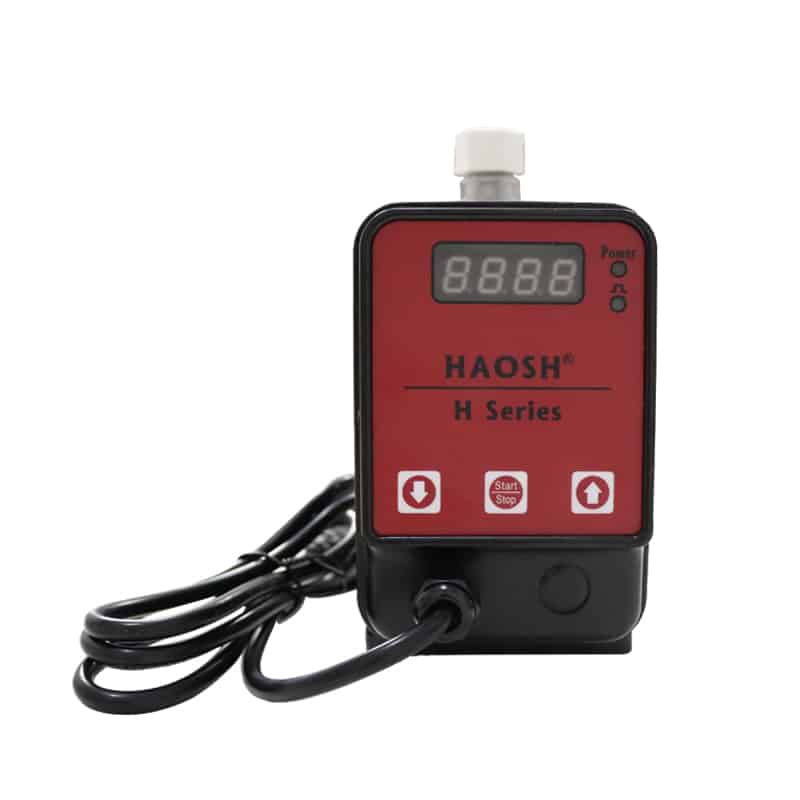
Other key water quality parameters in pool water
| Water quality | Parameters Range | Function |
| PH | 7.2-7.8 | Measure the pH of water, which affects the comfort of water and the irritation to skin and eyes. |
| Temperature | 25-28°C | Affect the comfort and experience of swimming, too high or too low temperature may not be suitable for the human body. |
| Alkalinity | 80-120 ppm | Measures the amount of alkaline substances in water, affects pH stability and prevents corrosion. |
| Free Chlorine Residual | 1-3 ppm | Measures the concentration of free chlorine in swimming pools to kill bacteria and microorganisms and keep water hygienic. |
| Total Alkalinity | 80-120 ppm | Measures the total amount of alkaline substances in water, which affects the stability and pH adjustment ability of water. |
| Dissolved Oxygen | 5-7 ppm | Measuring the dissolved oxygen content in water is crucial to maintaining the ecological balance of the water body and the survival of aquatic organisms. |
| Total hardness | 150-250 ppm | Measures the content of metal ions such as calcium and magnesium in water, which affects the texture, corrosion and cleaning effect of water. |
Maintaining optimal water quality in your swimming pool requires regular monitoring of various indicators and taking appropriate measures to adjust them. Regular cleaning and maintenance of pool equipment, judicious use of chemicals, and maintaining a good water treatment and circulation system are key to keeping your pool water clean, safe, and enjoyable.
Chlorine monitoring cycle in different pools
Different types of pools typically have different chlorine monitoring cycles, depending on their usage, capacity, and water quality management requirements.
- Swimming pool: Swimming pool is a frequently used pool, and its chlorine monitoring cycle is usually relatively frequent. During peak periods, daily monitoring of chlorine levels is recommended. Weekly or fortnightly monitoring is also common practice during lower peak periods. If it is a public swimming pool, because it accommodates more people, the typical testing cycle may be once every two days to ensure the disinfection effect and water quality safety. Chlorination is usually done with a solenoid metering pump.
- Indoor/Outdoor Kiddie Pools: Indoor or outdoor kiddie pools are usually play areas for children. Since children’s skin and respiratory systems are more sensitive to water quality, chlorine monitoring cycles should be more frequent. Daily or every two days chlorine monitoring is usually recommended to ensure safe water quality in children’s pools.
- Drinking water plant water treatment pond: The drinking water treatment plant is responsible for treating drinking water supplied to residents and industries. In this case, chlorine monitoring cycles are usually very frequent. Regular chlorine monitoring is required throughout the treatment process, from raw water entering the treatment plant, through the disinfection stage, and leaving the water leaving the water. Monitoring frequency may be hourly, shift or daily to ensure water quality complies with relevant sanitary standards.
- Industrial water treatment ponds: Industrial water treatment involves the use of water for industrial production and manufacturing processes. Different industries may have different requirements for chlorine levels. In some cases, continuous chlorine monitoring of process water is required to ensure that the water quality is suitable for specific process needs. The monitoring cycle may depend on the requirements of the process and can be hourly, shift or daily frequency. Chlorination is usually done with mechanical metering pumps or hydraulic diaphragm metering pumps (petrochemical industry).
- Cooling Tower Water Treatment Basin: Cooling towers are cooling systems used in industrial and commercial buildings to reduce the temperature of equipment and machinery. In cooling towers, chlorine is commonly used to control microbial growth and prevent scale formation. Chlorine monitoring of cooling towers is usually performed daily or every other day to ensure water quality is within the proper range to maintain cooling effectiveness and equipment reliability.
Reaction of chlorine with pollutants
In swimming pools, chlorine is not only used to disinfect the water from bacteria and pathogens, but it also reacts with other pollutants. A host of harmful by-products are produced when interacting with organic matter in pool water, urine, sweat, and chemicals such as dust and skin oils.
Chlorine reacts with organic matter to produce chloramine compounds, including elemental chlorine, dichloramine, trichloramine, etc. These compounds have a strong odor and are irritating, and may pose a potential hazard to human health. When organic matter such as urine, sweat, and makeup residue is present in the pool, it reacts with chlorine to form chloramines. These compounds may cause eye irritation, throat irritation, skin sensitivity and respiratory problems. Therefore, it is very important to keep the swimming pool water clean and hygienic, and to control the input of organic matter, so as to reduce the generation of chloramine compounds and protect people’s health.
Measures to reduce the formation of chloramines
- Control of pollutant input: Increased health education of bathers, request to take a bath before swimming, reduction of organic matter content in the body.
- Regularly check and clean the pool’s filtration system: Remove pollutants and organic debris to ensure the filtration system is working properly.
- Monitor chlorine levels: regularly monitor your pool water’s chlorine levels to ensure they are in the proper range and avoid chlorine levels that are too high or too low.
- Use additional oxidizers: Use auxiliary oxidizers such as ozone or hydrogen peroxide to react directly with organics, reduce chlorine consumption and reduce the formation of chloramine compounds.
- Use activated carbon filters: Use activated carbon filters to remove some organic matter and pollutants and improve the purification effect of water quality.
The harmfulness of excessive chlorine to the human body
- Irritation: Chlorine can irritate the eyes, skin, and respiratory tract, causing red and swollen eyes, dry skin, sore throat, cough, and other symptoms.
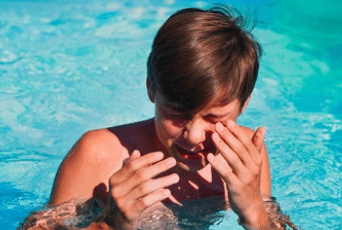
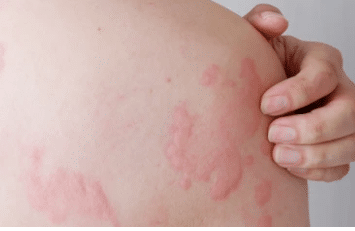
- Respiratory Problems: Prolonged exposure to high concentrations of chlorine can cause respiratory irritation, wheezing, asthma attacks and other breathing problems.

- Potential Hazards of Chloramines: Chloramines, formed by the reaction of chlorine with organic substances, can be harmful to human health and cause eye irritation, throat discomfort, skin sensitivity and respiratory problems.
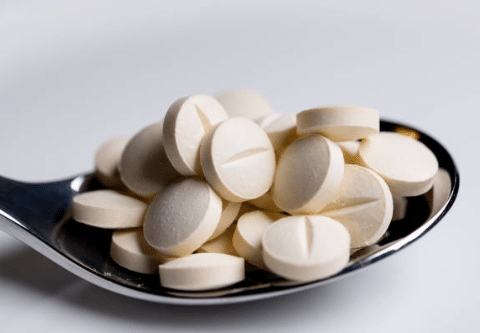
Health protection measures
- Reduce exposure time: Minimize the time spent in environments with high chlorine concentrations,such as pool rooms or spaces where chlorine-containing cleaners are used.
- Keep ventilation: Make sure the room is well ventilated. You can open windows or use ventilation equipment to help dilute and remove chlorine gas.
- Use protective equipment: If necessary, wear appropriate safety glasses, a mask, or respiratory protection to reduce the risk of exposure to chlorine gas.
- Pay attention to personal hygiene: After bathing or showering, wash your body and hair thoroughly to remove chemicals that may remain on your skin and hair after contact with chlorine.
- Keep the water quality appropriate: For chlorinated water bodies such as swimming pools, ensure that the chlorine content is within an appropriate range, and regularly test and adjust the water quality to maintain a healthy swimming environment.
Summary
The HAOSH brand dosing pump keeps the water quality consistent and stable through precise dosing. If you have any questions about the selection, use or technology of metering pumps, please feel free to contact our team of professional engineers, who will provide equipment quotations or solutions.
